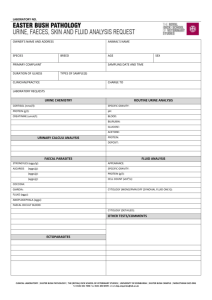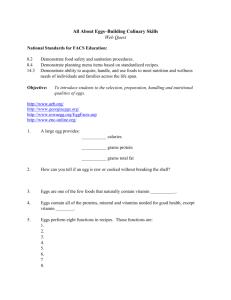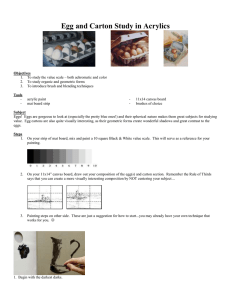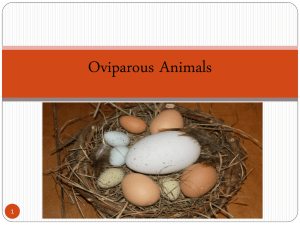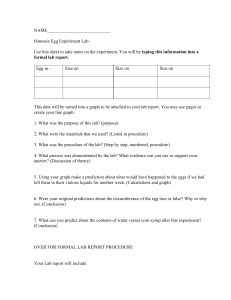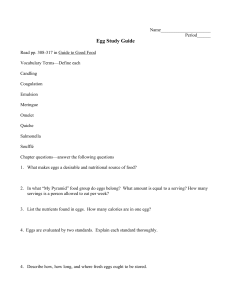The Herald, UK 05-10-07
advertisement
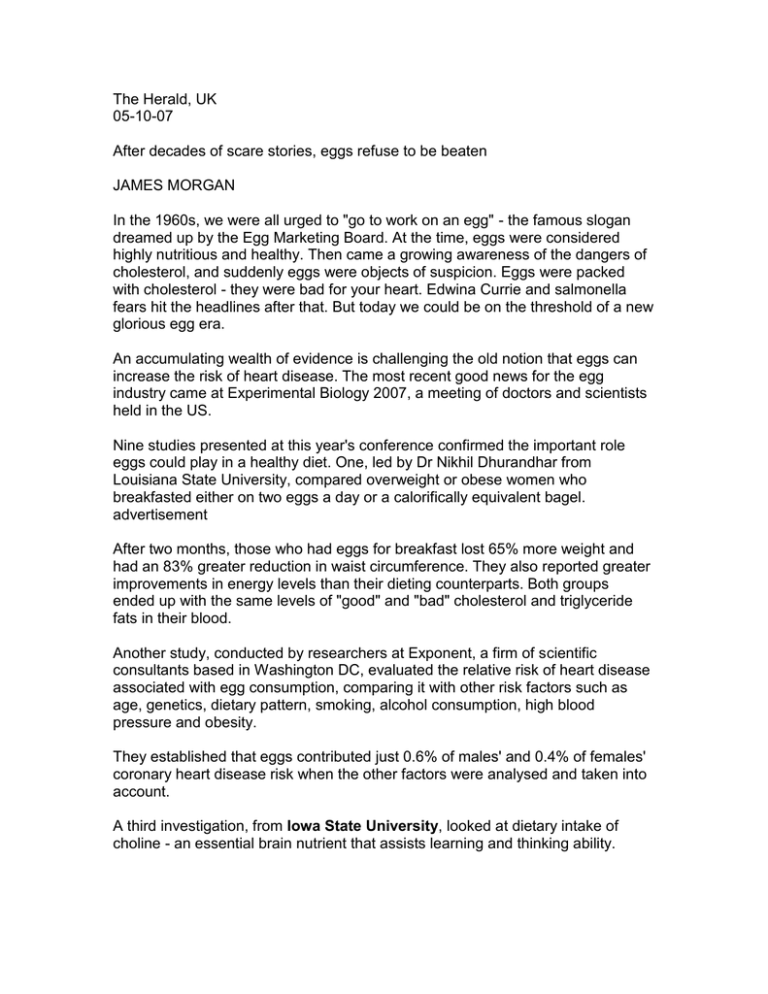
The Herald, UK 05-10-07 After decades of scare stories, eggs refuse to be beaten JAMES MORGAN In the 1960s, we were all urged to "go to work on an egg" - the famous slogan dreamed up by the Egg Marketing Board. At the time, eggs were considered highly nutritious and healthy. Then came a growing awareness of the dangers of cholesterol, and suddenly eggs were objects of suspicion. Eggs were packed with cholesterol - they were bad for your heart. Edwina Currie and salmonella fears hit the headlines after that. But today we could be on the threshold of a new glorious egg era. An accumulating wealth of evidence is challenging the old notion that eggs can increase the risk of heart disease. The most recent good news for the egg industry came at Experimental Biology 2007, a meeting of doctors and scientists held in the US. Nine studies presented at this year's conference confirmed the important role eggs could play in a healthy diet. One, led by Dr Nikhil Dhurandhar from Louisiana State University, compared overweight or obese women who breakfasted either on two eggs a day or a calorifically equivalent bagel. advertisement After two months, those who had eggs for breakfast lost 65% more weight and had an 83% greater reduction in waist circumference. They also reported greater improvements in energy levels than their dieting counterparts. Both groups ended up with the same levels of "good" and "bad" cholesterol and triglyceride fats in their blood. Another study, conducted by researchers at Exponent, a firm of scientific consultants based in Washington DC, evaluated the relative risk of heart disease associated with egg consumption, comparing it with other risk factors such as age, genetics, dietary pattern, smoking, alcohol consumption, high blood pressure and obesity. They established that eggs contributed just 0.6% of males' and 0.4% of females' coronary heart disease risk when the other factors were analysed and taken into account. A third investigation, from Iowa State University, looked at dietary intake of choline - an essential brain nutrient that assists learning and thinking ability. Now advice from the Food Standards Agency is not to cut down on eggs unless under doctor's orders to do so. It points out that eggs are a good source of protein, iodine and vitamins D and B2. The best way to reduce blood cholesterol is to stay clear of saturated fats, rather than stop eating eggs, says the FSA. Poached or boiled eggs are healthier than fried eggs because they are not cooked in fat. Scrambled eggs are more healthy if you use skimmed or semiskimmed milk, and low-fat spread instead of butter.


